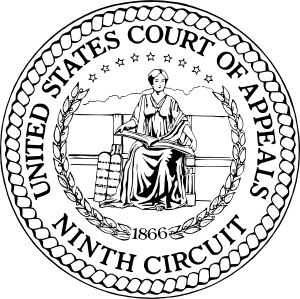The Ninth Circuit Court of Appeals ruled that the City of Santa Monica is permitted to regulate hosting platforms, which it found “had negatively impacted the quality and character of its neighborhoods by bringing commercial activity and removing residential housing stock from the market at a time when California is already suffering from severe housing shortages”.
Santa Monica’s ordinance allowed licensed “home-sharing” but prohibited all other short-term rentals of 30 days or fewer. It requires platforms to (1) collect and remit “Transient Occupancy Taxes”, (2) disclose certain listing and booking information regularly, (3) refrain from completing any booking transaction for properties not licensed and listed on the City’s registry, and (4) refrain from collecting or receiving a fee for facilitating or providing services ancillary to a vacation rental or unregistered home-share. Platforms who comply receive safe harbor. (A similar safe harbor provision in San Francisco’s short-term rental ordinance led to settlement of a similar lawsuit in the Northern District of California. Here, the district court granted Santa Monica’s motion to dismiss, for failure to state a cause of action under federal law, including the Communications Decency Act of 1996 and the First Amendment.
The CDA provides internet companies with immunity from certain claims in furtherance of its stated policy to promote the continued development of the Internet and other interactive computer services, providing immunity to cases where “(1) a provider or user of an interactive computer service (2) whom a plaintiff seeks to treat, under a state law cause of action, as a publisher or speaker (3) of information provided by another information content provider”. The hosting platforms argued that the ordinance required them to monitor and remove third party content, in violate of the CDA. The Ninth Circuit, however, found that the ordinance did not try to treat them as publishers. It merely prohibits processing transactions for unregistered properties.
The hosting platforms also argued that they were protected by the First Amendment: even if the plain language of the Ordinance only reaches “conduct” (the booking of unlicensed properties), it effectively imposes a “content-based financial burden” on commercial speech and is thus subject to First Amendment scrutiny. The district court, however, found that the regulation affected conduct that lacked a “significant expressive element”, and the Ninth Circuit agreed.

